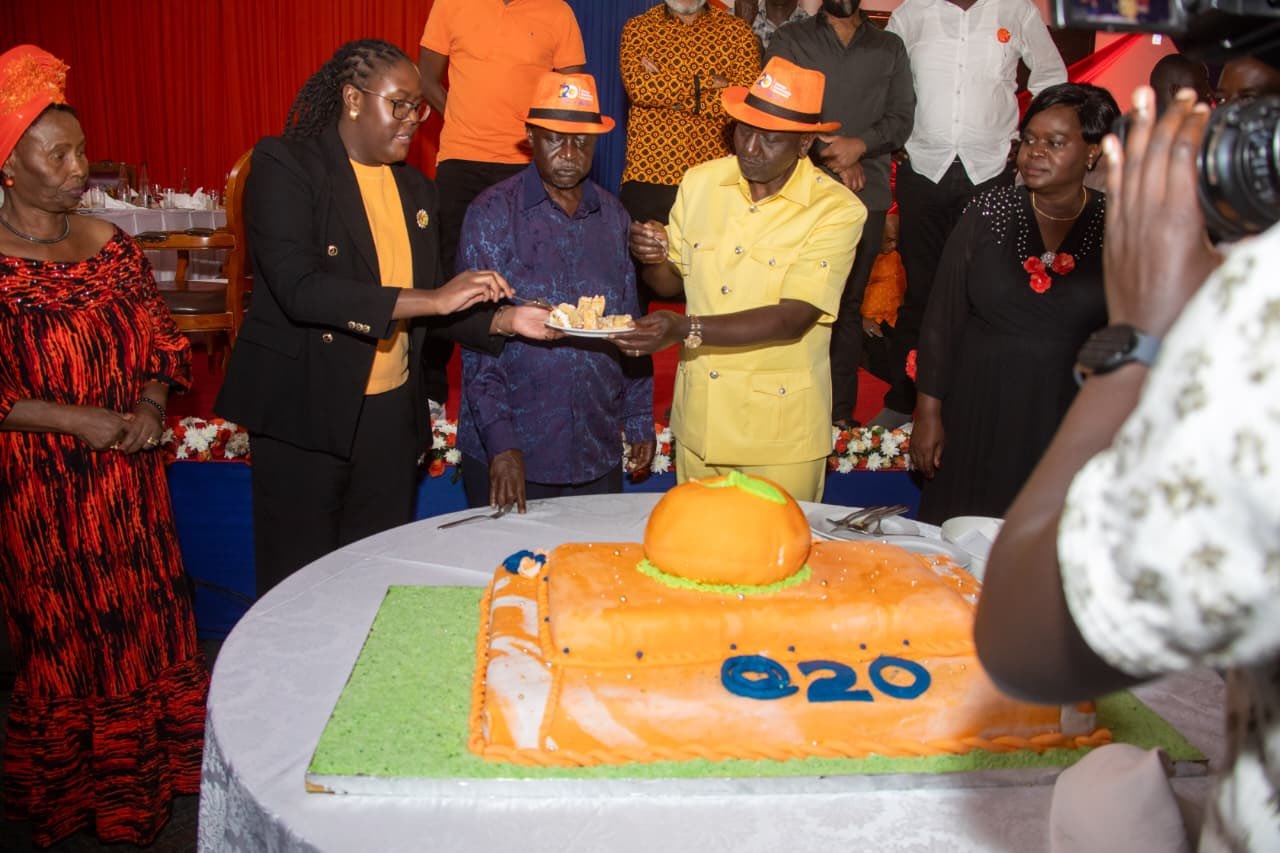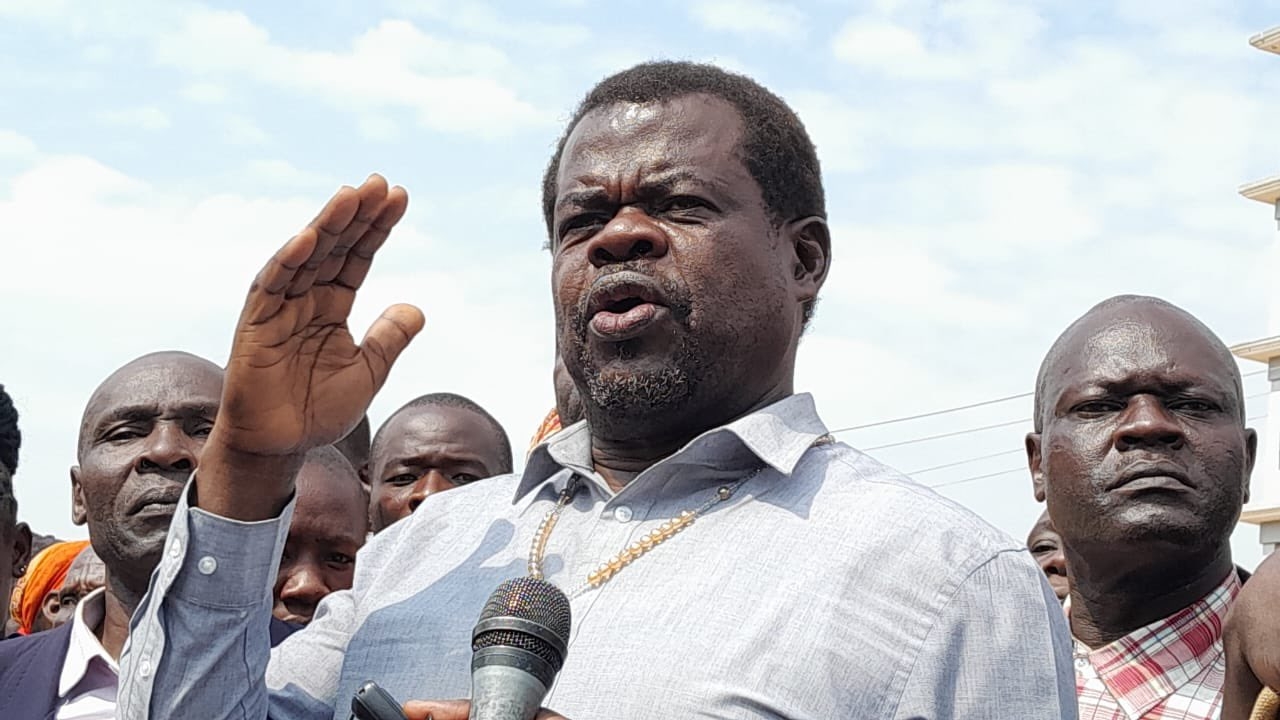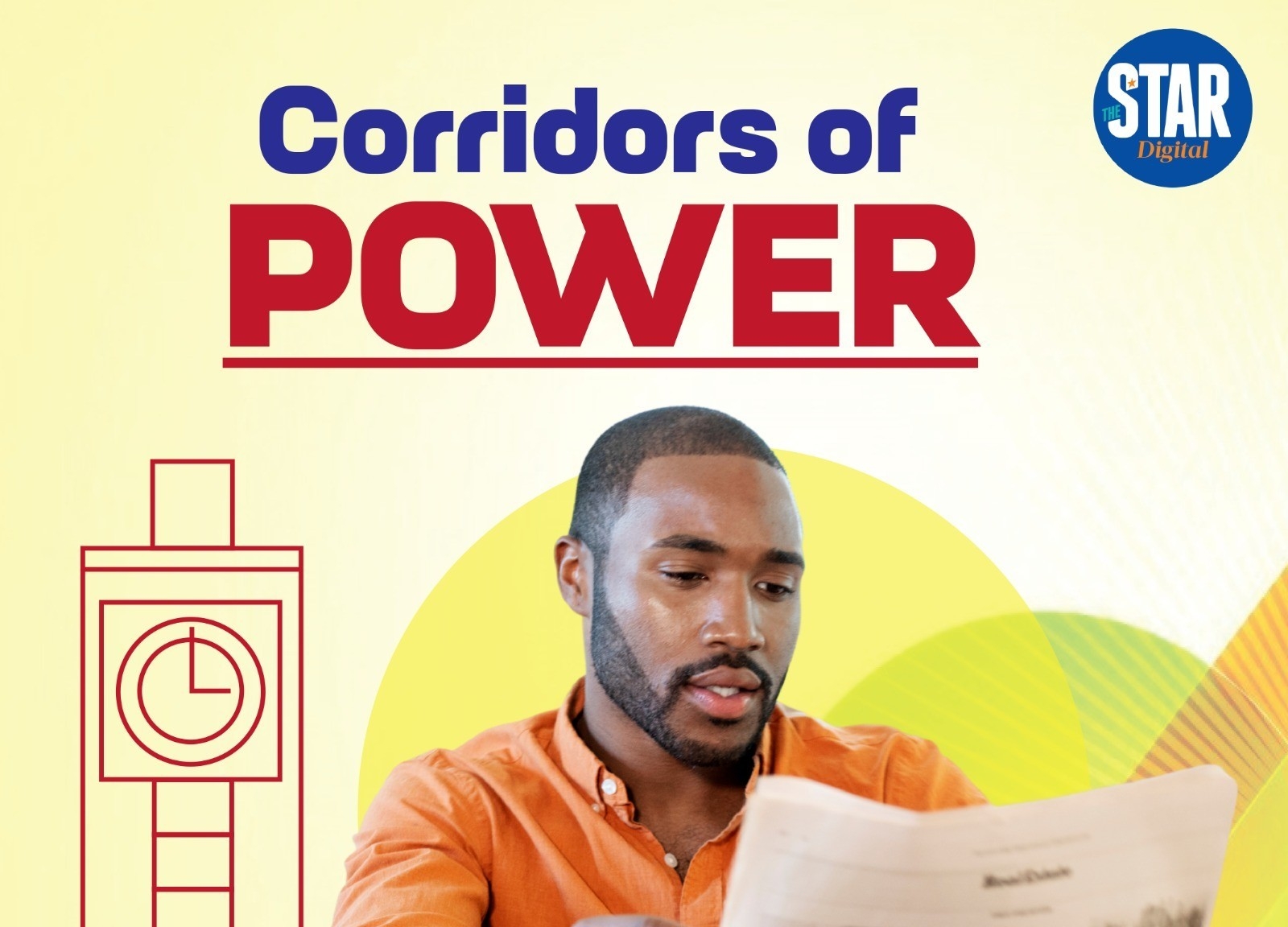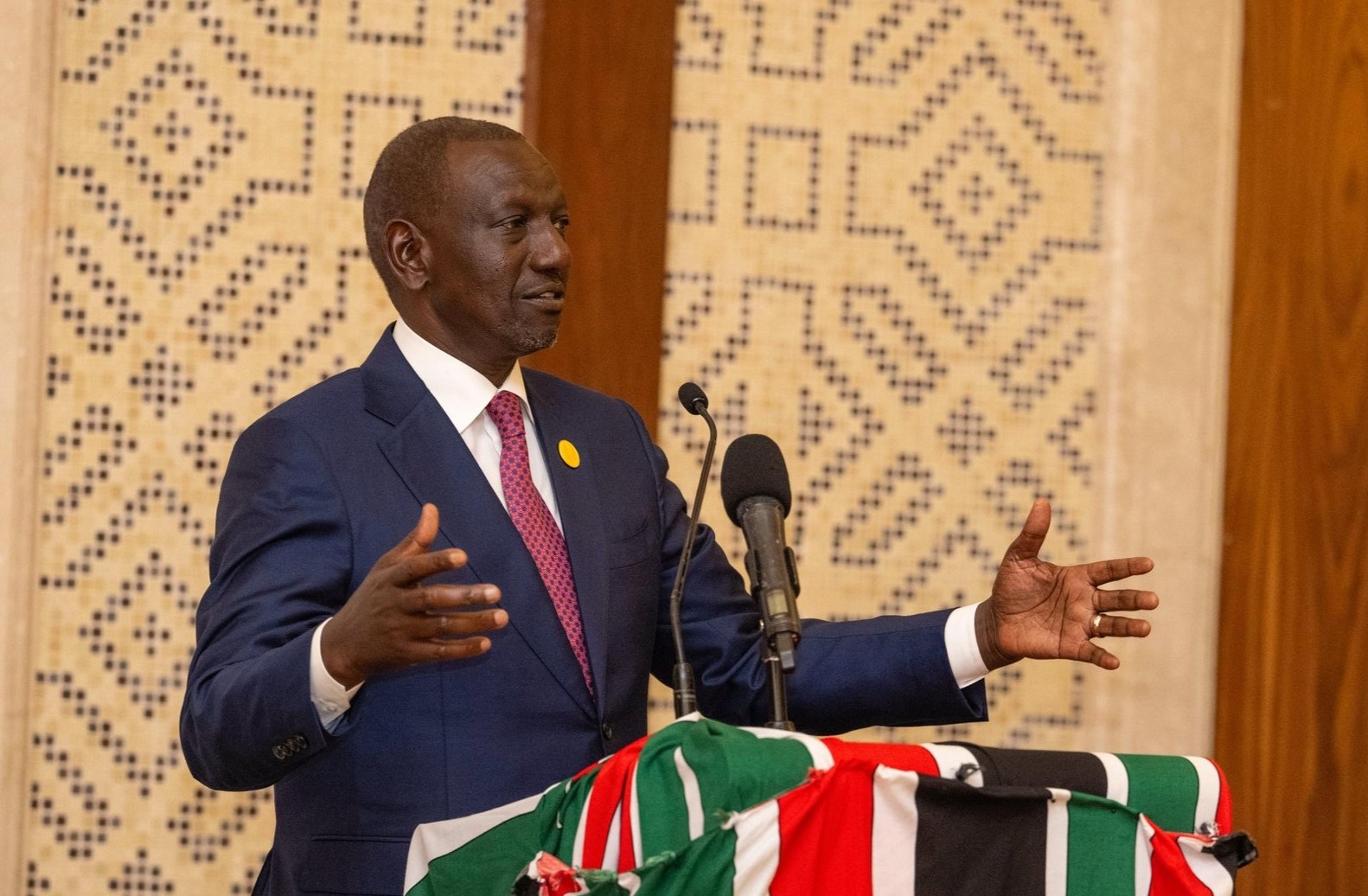Years ago, Elizabeth Okumu never dreamed she would one day bring peace and joy to her community in Sirembe, Siaya.
Seated in her well furnished home, Elizabeth 34, also known as Lisa, said most mothers would go to her home for help with their daughters.
"They complained about their daughters not wanting to go to school and many didn't want to complete their studies," Lisa told the Star.
One day, a mother complained about her bright daughter who refused to go to school.
"She said the child had ho hope, no will to study and was only interested in boys. I felt I needed to step in."
Lisa talked with her mother and father and decided to start the Sister to Sister initiative. That was in 2015.
Lisa enlisted two friends who volunteered to help. Their very first talk with 50 girls took place in November 2015.
Sex, marriage, school, family, education, work-career and other life lessons were discussed.
“We asked them to draw a River of Life map to show where they are, why they are there and where they want to be,” Lisa explained.
The girls are aged 11 to 15 years.
‘OUR SAD REALITY’
The girls used different colours and simple words to explain their lives. Some talked about suffering, lack of books, lack of electricity, mistreatment and early marriage proposals.
“At that moment, we shed past mistakes or traumas and built on the future. This is a safe platform for they learn how to release their frustrations. During the sessions, there is a lot of crying because of the pain most have in their hearts,” Lisa said.
“They pin their masterpieces on a wall and we look at them the next day, discuss them and try to give suggestions on solving their problems."
In the afternoon the girls are asked to draw their bodies, as part of appreciating themselves.
“They identify their body parts, talk about menstruation, sex, how to clean their bodies, where a man should not touch, among others,” she said.
They discuss why education is important.
In 2017, Unicef said more than 1.2 million primary school-age children in Kenya do not attend class. Some are forced into early marriages, some have no access to education.
Kenya has made great progress in improving access due to free public primary and secondary school. Primary education is compulsory; secondary education is not. Issues of inequity remain, especially among marginalised groups.
Many learners do not have the will to study, some are forced into marriage, some parents cannot afford costs beyond tuition. Sometimes they don't want to pay for girls' education.
The Constitution of Kenya, in Article 53 (1) (b) states very child has a right to free and compulsory basic education.
‘THIRST FOR BOOKS’
Lisa realised most girls complained about lack of books, pens and uniforms. Most complained poverty made it hard to concentrate at school. At home many had to do chores instead of study.
“School and menstruation were the reasons most dropped out, according to their River of Life maps," Lisa said.
That's why Lisa and her friends thought of a library but they didn't have funds and asked for help.
It was no longer about talks but about providing something tangible for girls and the community.
The Sirembe Library came to life in 2018 when Lisa launched a book drive on Facebook. It attracted Longhorn Publishers, which donated cartons of new books.
“I was so happy. At least something positive was emanating from a simple idea. The library has been a pillar of this community. So far we have 320 girls and 130 boys who have benefited," Lisa said.
The six-room library has categories to accommodate many interests and is used by Sirembe Primary and Secondary schools.
“Schools have incorporated reading time in their schedule and come here. I am really happy," Lisa said.
Programme director Willis Okumu said they registered the Sister to Sister Initiative as a community-based library.
“We decided we have to get the girls through school. So far we have paid fees for 10 girls,” he said.
Through the initiative, Okumu said, they have trained women representatives within schools who will mobilise the girls by talking to their parents and village elders.
Okumu said they have talked to boda boda riders who are helping them help girls.
“Boda boda men go after our girls. We involved them by telling them how they can care for our girls...many times, we involve them in our talks.
"We also want them to help the boys who don't want to study,"Okumu said.
“Right now some boys are part of the initiative. Every year we get new people. Lisa, who is the brains behind this initiative, takes the older girls, new ones and a few boys," he said.
Okumu said most girls Lisa has trained have improved their behaviour, compared to girls who haven't been in the programme.
“Most children were doing badly in school. A class with many students had only one teacher. They used to sit under a fig tree as they drank alcohol.
Then they thought of a library. Men come to read the newspapers. And now there are TVs for community entertainment.
“We bring edutainment programmes for the elderly. It hasn't picked up too much since not everyone is willing to read, but we keep pushing," Okumu said.
CONFIDENCE, HONESTY
Parents described how their children have benefited.
Carolyne Were, says her child joined in Class 7. Now she is in Form 2.
“After their talks, she came back and told us about Lisa giving them targets. They are also taught how to express themselves, which has boosted self confidence,” she explained.
When she joined the initiative, her daughter wanted to score 300 marks in the KCPE exam, but she wasn't able to achieve it.
“She got 273 but this was an improvement. She later made a timetable for reading. My child now has self drive which is good news and most of them do not want to be reported to Lisa,” her mother said.
During the interview, Lisa said most girls had reported they were mistreated by their parents, making it hard to concentrate in class.
“I talked to my father to help me mobilise girls who had not reached adolescence,” Lisa said.
Loice Achieng Adede, a parent and community health volunteer, told the Star her two daughters joined Sister to Sister when they were in Classes 6 and 7. Now they are in Forms 1 and 2.
“I have seen tremendous changes in my girls. Before the initiative, they were not free with us. But right now, they have confidence,” she says.
“They tell me issues disturbing them. The library has kept them busy. When they finish work at home, they go read in the library," Adede said.
FREE-SPIRITED GIRLS
A secretary in Sirembe school, Joyce Apondi, said girls at the school have benefited tremendously from Sister to Sister.
Citing her Class 7 daughter, Apondi says her daughter's life is no longer a painful journey.
“If a boy finds her outside and talks to her, she will come and report to me. There are some topics I could not discuss with her or children in school. The initiative has lifted a big burden," she said amid laughter.
Many parents are embarrassed to talk to their children about sex.
“Now my daughter is free spirited and honest," she said. More parents are willing take their children for the talks but there's not much space.
"The school liaises with Lisa so whenever they have a talk, we send girls from different classes," she said.
Northwest Gem location chief Barrack Opondo also says the girls have made progress.
The library, which is open to everyone, has books and newspapers for the elderly.
“Our children can now read the books and read about authors they have been hearing about. It has enhanced a reading culture,” Opondo said.
Idle women and men have also been lured into reading.
“They used to spend the entire day analysing what politicians say but right now, they spend their time in the library. Everyone gets engaged and bad behaviours have reduced drastically. They are no longer idle,” he said.
‘PREGNANCIES, MORE BOOKS’
With the closure of schools in March last year due to the Covid-19 pandemic, the number of pregnancies surged.
“The pandemic made it hard for the children to visit the library. Then we found girls with men, some even preferred marriage," Opondo said.
Statistics before the pandemic indicated 23 per cent of girls in Kenya are married before the age of 18, including four per cent. That includes four per cent married before the age of 15.
With 527,000 child brides, Kenya has the 20th highest absolute number in the world.
“As we expand, we will give room so people can do research and sample books," Opondo said.
A study in nine African countries (including Kenya) between April and August 2020 revealed that Covid-19 is exacerbating previous inequalities by excluding vulnerable children from receiving quality education (Human Rights Watch, 2020).
But the UN Committee on the Rights of the Child said: “Every child has the right to receive an education of good quality which in turn requires a focus on the quality of the learning environment, of teaching and learning processes and materials, and of learning outputs.”
SHORTCOMINGS
Library manager Fredrick Okola said they need more books.
“We also need to instal the internet and computers for research," he said. They need teachers who can homeschool children who are lagging behind.
“When we started the library, some students had difficulties in writing compositions. So we decided to help them learn how to write and read properly,” Okola explains.
He also complains that many parents "regard alcohol as their god, making it hard for children to leave their parents to go to the library".
About their vision, Okumu said that they want a library that can accommodate their workshops.
“We want to put beds in the library that will be a three-storey building so whenever we have a workshop, girls have someone to sleep.
“We can show them videos and call grandmothers to tell them stories that bring hope and fulfillment before bed,” he says.
Lisa says that her vision is to create a movement of women who identify and use their power for the good of the community.
"Empowered women empower women," she said.












